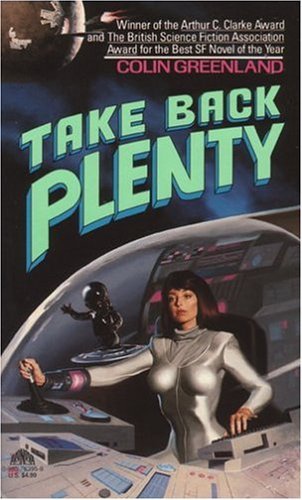What do you think?
Rate this book


484 pages, Mass Market Paperback
First published June 1, 1990
Carnival in Schiaparelli. The canals are thronged with tour buses, the bridges festooned with banners. Balloons escape and fireworks fly. The city seethes in the smoky red light. Though officers of the Eladeldi can be seen patrolling everywhere, pleasure is the only master. Shall we go to the Ruby Pool? To watch the glider duels over the al-Kazara? Or to the old city, where the cavernous ancient silos throb with the latest raga, and the wine of Astarte quickens the veins of the young and beautiful? A thousand smells, of sausages and sweat, phosphorus and patchouli, mingle promiscuously in the arcades. Glasses clash and cutlery clatters in the all-night cantinas where drunken revellers confuse the robot waiters and flee along the colonnades, their bills unpaid, their breath streaming in the thin and wintry air. (6)